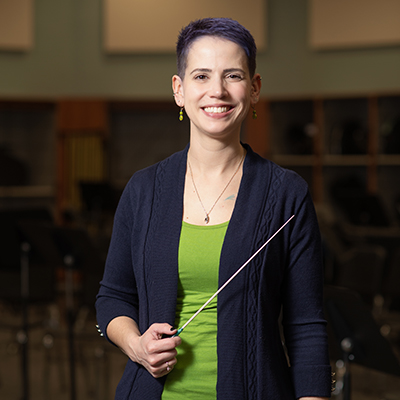Karen Christian: COVID ICU survivor
MEA member Karen Christian can recall a few moments of panic from her COVID-19 diagnosis in late September, starting with the shock of hearing a nurse on the phone saying the test was positive. That was on a Monday.

The president of United Teachers of Flint, Christian thought she’d been battling a sinus infection—head congestion—since the previous Monday. She worked in her building all week, although students were remote, only taking off Friday when a fever began. The cough arrived on Saturday.
Her first worries upon hearing the news were for others. Her family and co-workers. She retraced steps in her mind and tried to remember if she wore her mask at all times.
No one at school caught the coronavirus from her, nor did her 76-year-old mother, but Christian’s immediate family did come down with the airborne disease. Her 20-year-old daughter had mild symptoms, while her 15-year-old son and husband had more serious cases.
Her next moment of worry came two days after the positive test. Her husband took her to the Emergency Room for breathing difficulty but couldn’t come inside. “We know of people who’ve lost family members who never came out of the ER, so that was scary saying goodbye.”
Christian soon learned she was the sixth COVID patient to arrive in two hours that day. A vitals check revealed her blood oxygen level to be dangerously low at 82 percent; normal is 95-100.
She was placed on oxygen and spent three days in the emergency department before a bed opened in the Intensive Care Unit (ICU), where she spent another six days. She received plasma from a COVID survivor. Doctors said she came within hours of being placed on a ventilator.
Those moments were not as scary, she says. Five years ago in the aftermath of the Flint Water Crisis, Christian was diagnosed with breast cancer, which she survived after surgery, chemotherapy, and radiation. She knew to focus on healing, not fear.
“The nurses were optimistic when they came in my room, so that lifted my spirits, and my mom called every day and sent up massive chains of prayers everywhere. I relied on that.”
Now what frightens her is the fact that she doesn’t have any idea where she picked up the virus. “I do know when I went shopping a couple of times, there were people not wearing masks. Did I enter an aisle after they coughed or sneezed and just walk through it?”
Her takeaways from the experience are simple. Wear a mask. Wash hands. Sanitize after being out—before getting in the car or entering the house. “And if you get it, don’t assume later that you’re immune. There’s no science that proves that, so listen to the health experts.”
She hopes the public understands that school employees are doing their best under difficult circumstances to continue educating children while trying to avoid bringing the virus home to loved ones.
“As long as we do what we need to do to keep everyone safe and healthy, we’re moving in the right direction,” she said. “It’s when we start to make decisions because we’re tired of it being not normal that we get ourselves into trouble.”
Read more stories from the series, “What it’s Like: COVID Vignettes”:
Karen Moore: secretary with a purpose
Jacob Oaster: leader, teacher, innovator
Amy Quiñones: Charting New Waters
Union Presidents Lead through Unprecendented Crisis
Jill Wheeler: On Books, Kids, and ESP
Gary Mishica: His Work is Hobby, Joy, Passion
Demetrius Wilson: ‘We’ve made it work’
Shana Barnum: ‘It’s heart-wrenching’
Claudia Rodgers: Committed to her Work
Danya Stump: Building Preschool Potential
Rachel Neiwiada: Honored on National TV
Tavia Redmond: ‘Let me tell you about tired’
Gillian Lafrate: Student Teaching With a Twist (or two)
Jaycob Yang: Finding a Way in the First Year
Julie Ingison: Bus Driver Weaves Love into Job
Chris DeFraia: Sharing a Rich Resource


